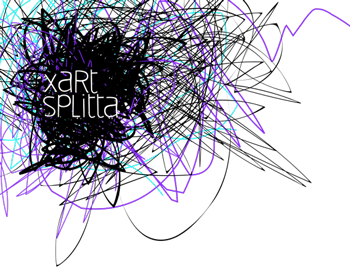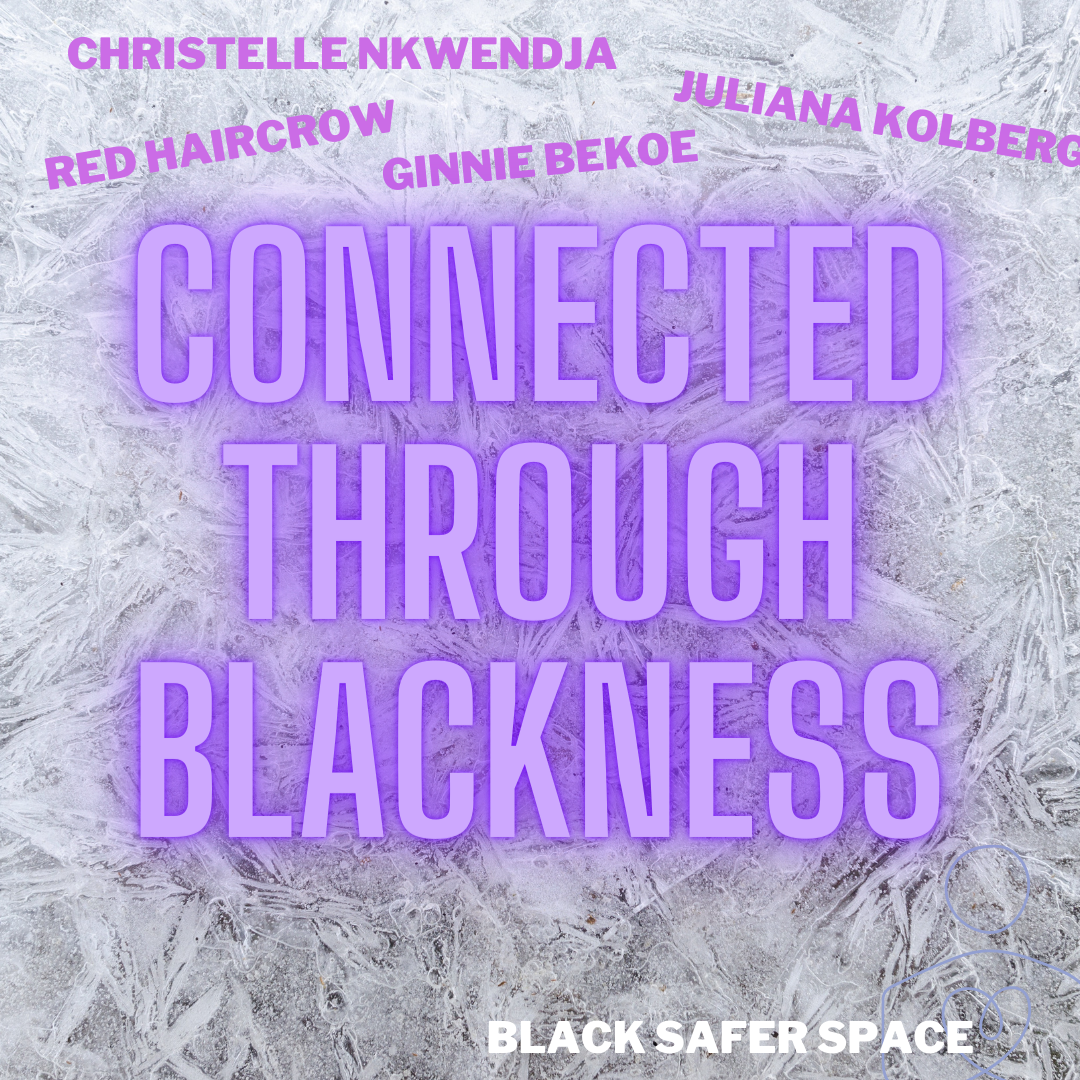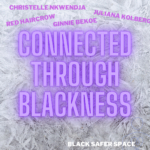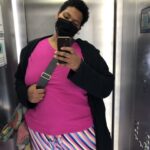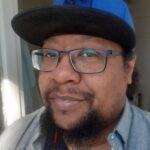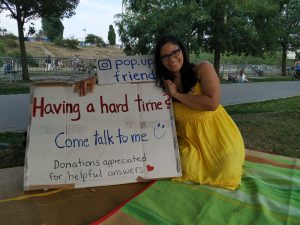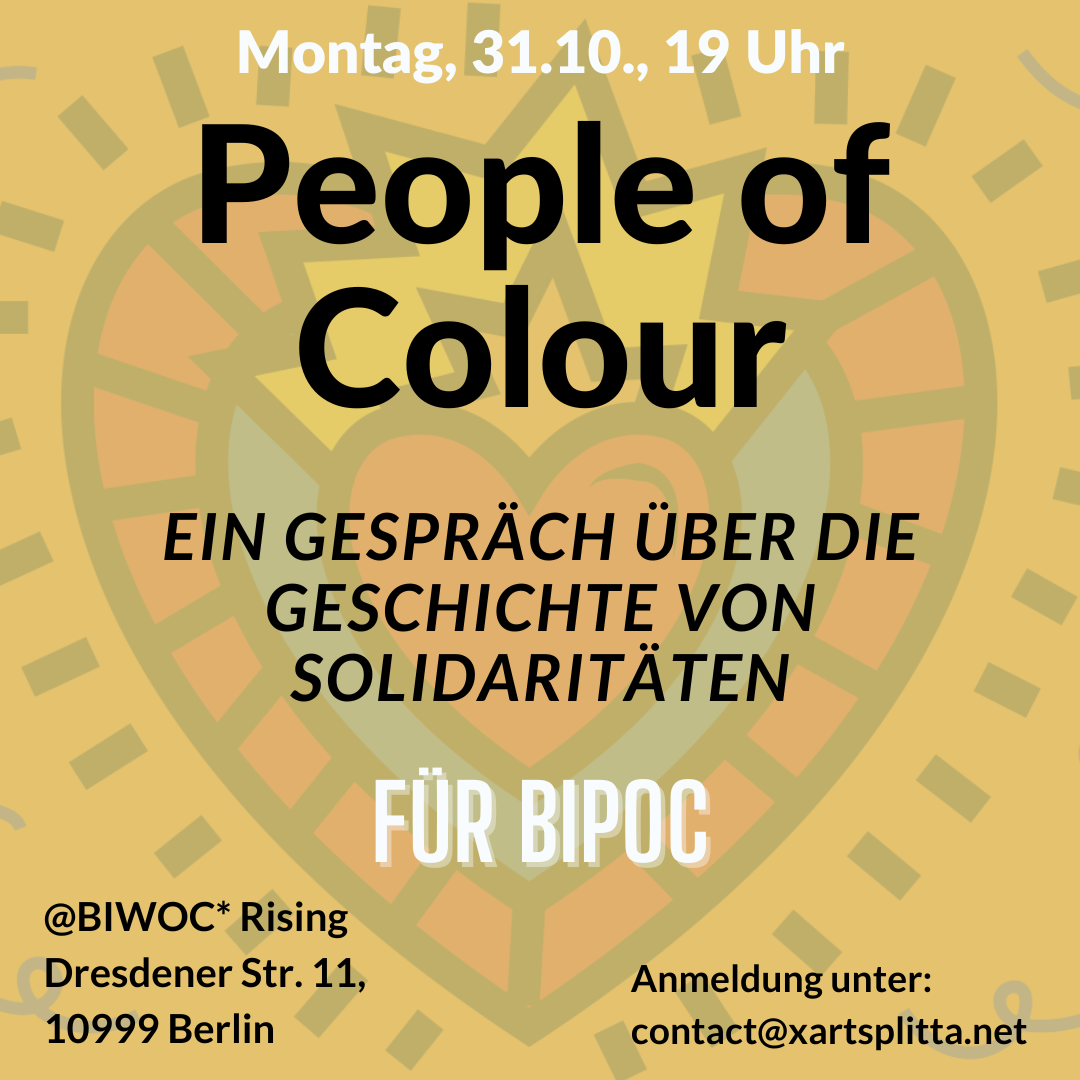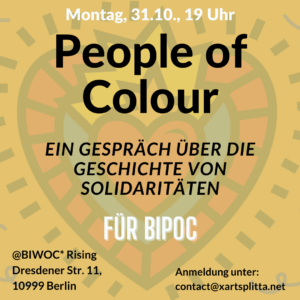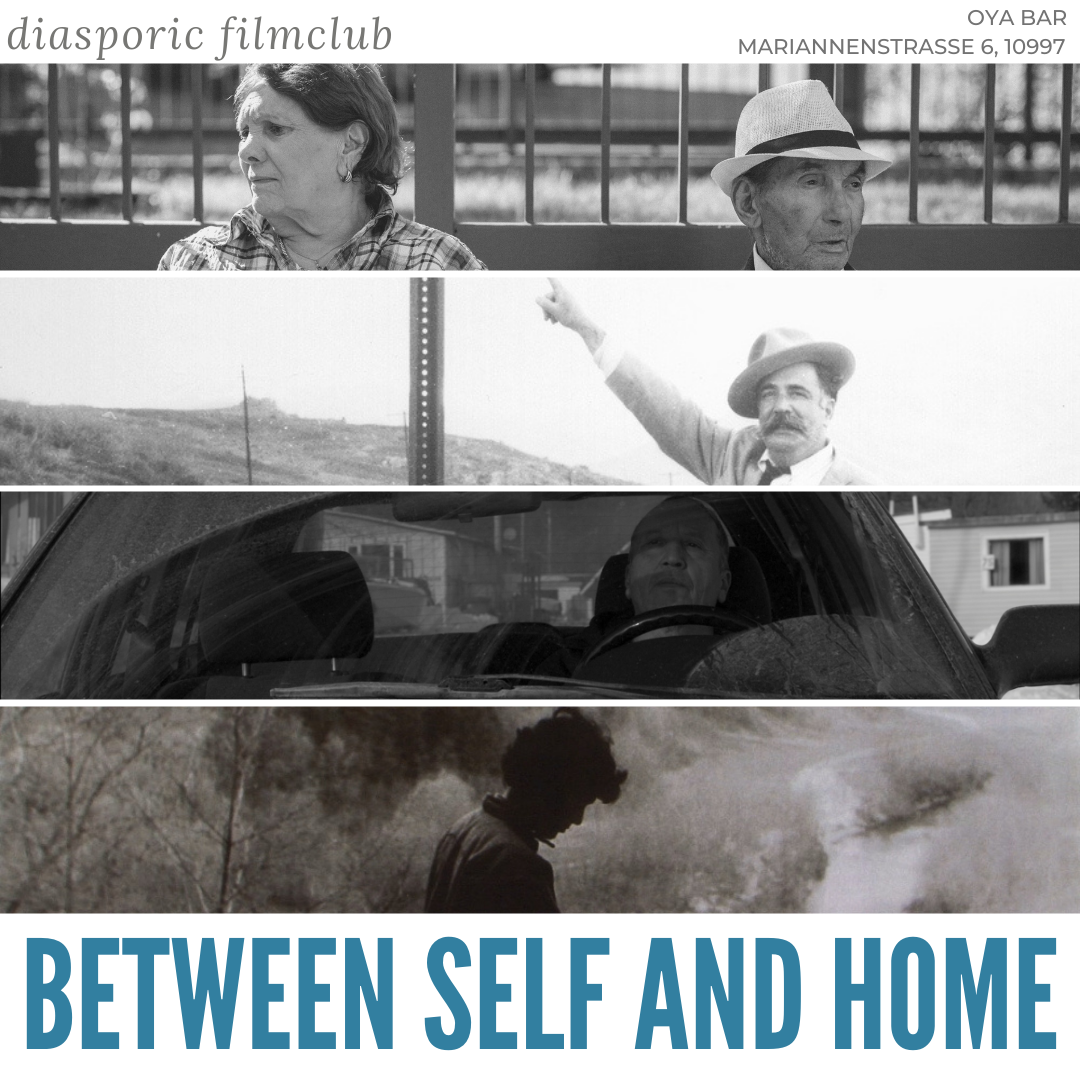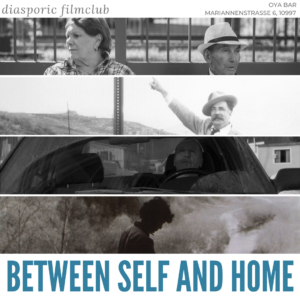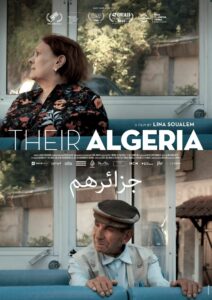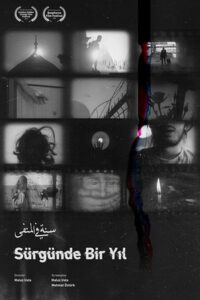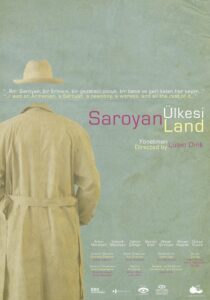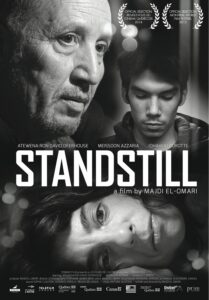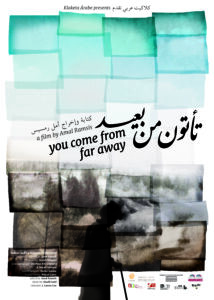November, 16th/17th, 10 am
Nachbarschaftshaus Urbanstraße
This event will take place in-presence, as well as digitally.
In German and English spoken language, as well as German Sign Language with interpretation.
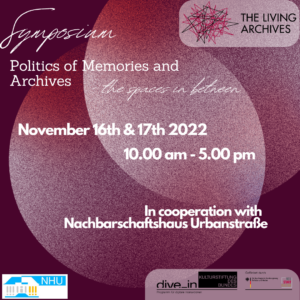
In cooperation with Nachbarschaftshaus Urbanstraße.
The Living Archives is an online platform for documenting, archiving and passing on knowledge from and for BIPoC communities. It is an intersectional, decolonial resistant-knowledge project, by and for BIPoC communities. The aim is to collect (lost and/or deleted) content and knowledge that is/was generated within BIPoC contexts and to make it accessible to these communities again.
These two days in November we want to address questions around the production and preservation of knowledge as well as movement-political activist memories.
With keynotes, panels and workshops, we will jointly address decolonial knowledge (re)productions and politics of memory. The processes of knowledge about intersectional discrimination or about life realities that deviate from the norm, the remembering of activist struggles, persons or places are fundamentally affected by structural erasure or are pushed to the margins of society in their right to exist. We will therefore move together into the spaces in between. In-between spaces in which our stories are preserved and passed on so that we can now expand out of these social niches and digital subspaces with our processes of resistance.
Programme:
November 16th
10.00 am Arrival
10.30 am Welcome
11.00 am Keynote “Black Deaf History” with Vincent Hesse (German Sign Language)
11.45 am Lunch
12.45 pm Panel “Interwoven with Verwobene Geschichte*n” with Iman Attia, Iris Rajanayagam, Diane Izabiliza, Juliana Kolberg and Latifa Hahn (German spoken language)
2.00 pm Workshop Phase I
Workshop 1: “Expect _BIPOC_ism” with Adetoun Küppers-Adebisi (BIPoC safer space, German spoken language)
Workshop 2: Allyship “Righting History – How Historical Amnesia and Omission Fuels the New Rise of Normalized -Isms” with Red Haircrow (English spoken language)
Workshop 3: “Archive Restitution: When We Mind Our Bizness” with Dr. Njoki Ngumi (Black safer space, English spoken language)
4 pm Network exchange and closing
–
November 17th
10.00 am Arrival
10.30 am Workshop Phase II (same groups and workshops as the first day)
12.30 pm Lunch
1.30 pm Panel “Yours, Mine, Our Memories” with Nataly Jung-Hwa Han, Kenan Emini, Dr. Njoki Ngumi, Bahar Sanli and Juliana Kolberg (German and English spoken language)
3.00 pm Launch & Talk “TRANCE” with Sea Novaa (English spoken language)
4.00 pm Reading “an alle orte, die hinter uns liegen” by Sinthujan Varatharajah (German spoken language)
4.30 pm Performance by Ginnie Bekoe
5.00 pm Closing and Graphic Recording by Huda Halal
Pls. find here further informationen about the workshops and our facilitators/panelists.
Registration:
Participation is only possible with prior registration. Some workshops are designed safer spaces and are only open to BIPoC. The number of participants is limited. People with experiences of discrimination will be given priority in registration.
Pls. register via contact@xartsplitta.net. Registrations by written, video and audio are possible.
When registering, we would appreciate receiving your thoughts on the following points:
- Which workshop would you like to participate in?
- Why did you decide to participate in that workshop?
- How have you dealt with the topic so far?
- Do you have needs or require support to participate (e.g. child care, language assistance, etc.)?
- Do you want to participate online or in-presence?
This event takes place within the developement of the project The Living Archives and as part of “dive in. Programme for Digital Interactions” of the Kulturstiftung des Bundes (German Federal Cultural Foundation) with funding by the Federal Government Commissioner for Culture and the Media (BKM) through the NEUSTART KULTUR programme.”
